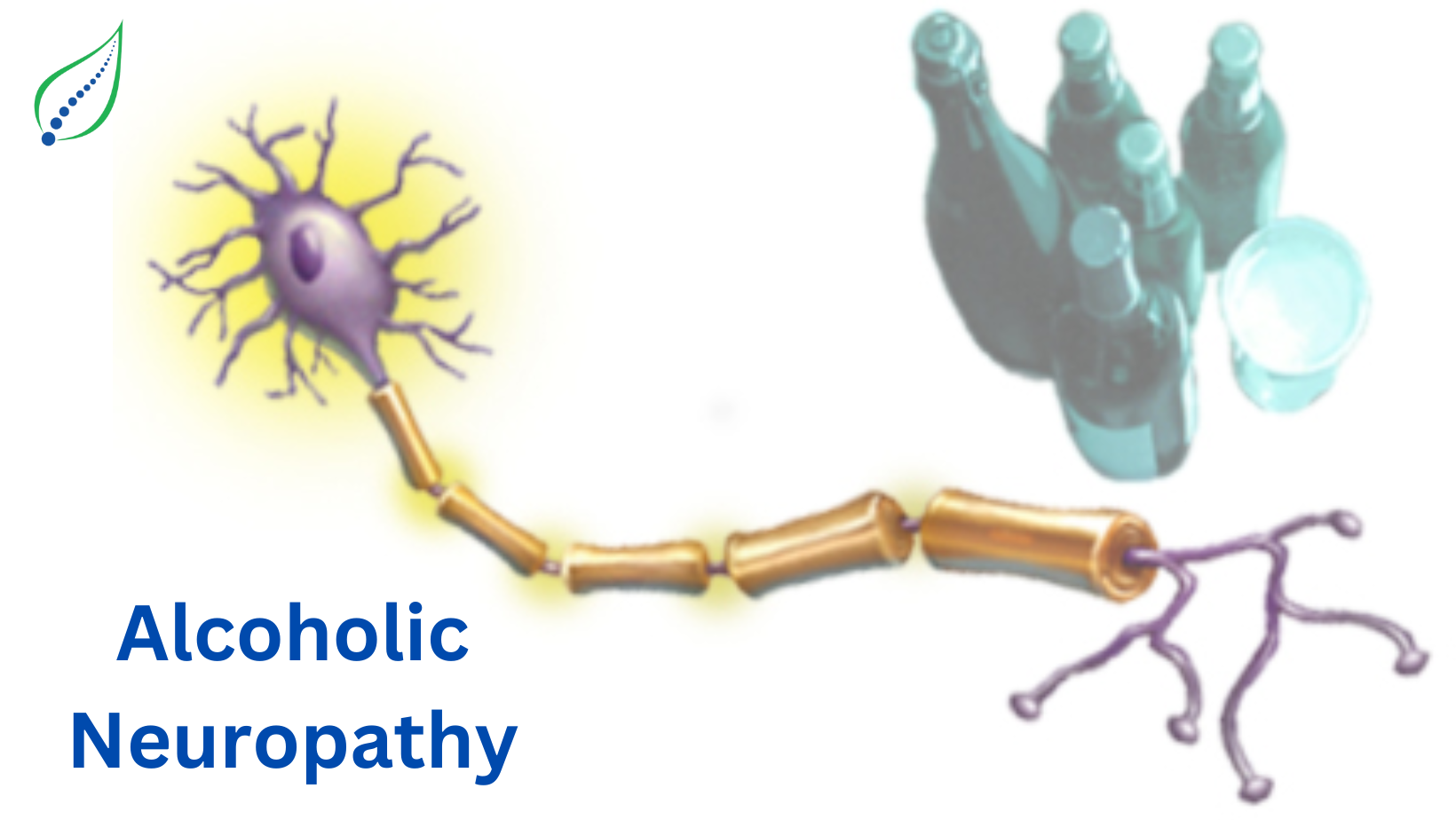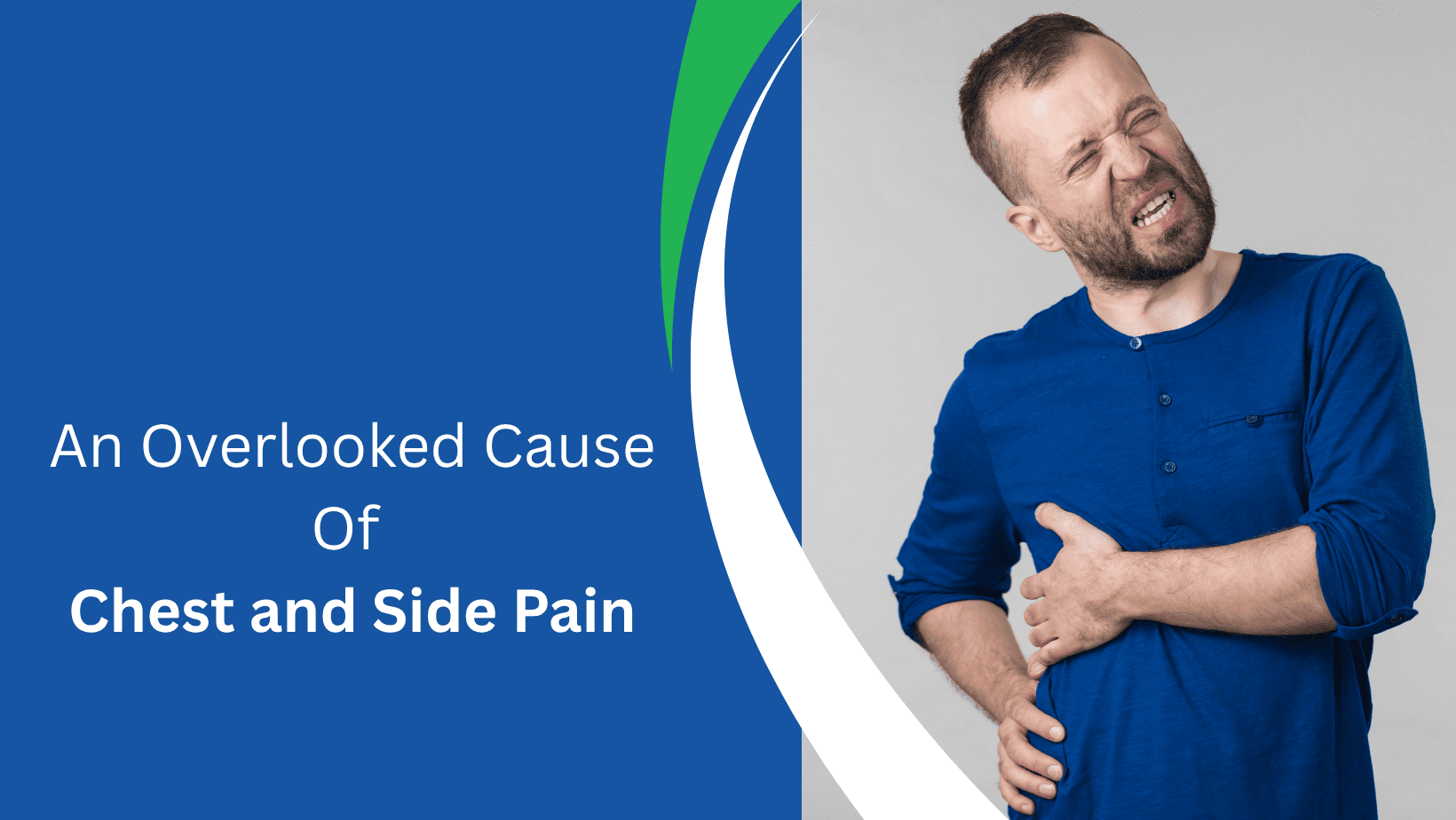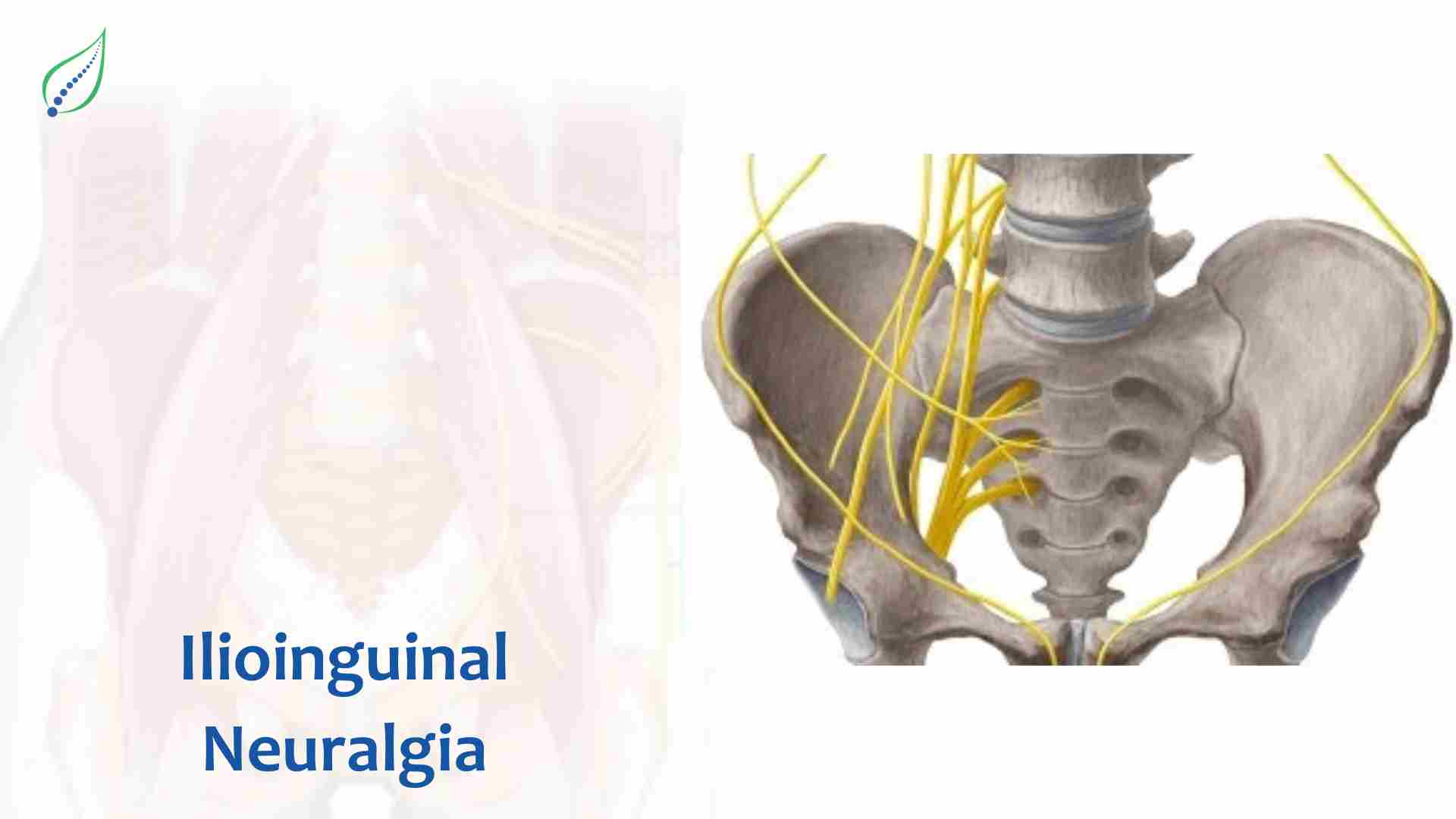Alcoholic Neuropathy
Alcoholic neuropathy is the adverse effect of alcohol consumption and can be toxic to nerve tissue. People who drink too much may start to feel pain and tingling in their limbs. In people with alcoholic neuropathy, the peripheral nerves have been damaged by the overconsumption of alcohol.
Drinking too much can alter levels of these nutrients such as Thiamine, folate, niacin, vitamins B6 and B12, and vitamin E which are all needed for proper nerve function and affects the spread of alcoholic neuropathy. Fortunately, abstaining from alcohol can help restore your nutritional health. This may improve your symptoms and help prevent further nerve damage. However, some alcohol-induced nerve damage may be permanent.
The exact cause of alcoholic neuropathy is unknown. It may be due to direct poisoning of the nerve by the effect of poor nutrition associated with alcoholism. Muscle strength decreases gradually and effects are mostly seen in legs rather than arms which gets worse over time. Some symptoms are as follows:
- Muscle weakness, spasms and pain.
- Heat intolerance
- Urine incontinence
- Improper gait
- Numbness in arms and legs
- Abnormal pain such as “pins and needles”
- Nausea and diarrhoea.
Blood tests such as: CBC, LFT, KFT, vit A, vitB12, vitB6 and sugar levels should be done. Later
- Esophagogastroduodenoscopy: Esophagogastroduodenoscopy is done in which a camera is passed down the throat and used to check for causes of nausea and vomiting.
- Electromyography: Needles are inserted into areas of the skin and muscles to measure electrical activity. This can reveal signs of alcoholic neuropathy.
- Nerve biopsy: A doctor will remove a small sample of a person’s nerve tissue, which is tested for damage. People usually undergo this procedure with a local anesthetic.
- Nerve conduction test: This involves placing electrodes on the skin, which are used to measure the speed and strength of a person’s nerve signals.
- Neurological examination: A doctor will conduct a physical examination to test a person’s reflexes, muscle strength, coordination, and sensory function.
- Upper gastrointestinal and small bowel series: This set of X-rays is used to examine the functioning of the digestive tract.
After conducting these tests, the results lead us to the line of treatment given to the patient which is completely non-surgical:
The first line of treatment is cutting back on alcohol use. For more serious cases, a quick detox may also be suggested, or you could choose rehab facilities. The symptoms of alcoholic neuropathy must be managed in the beginning since they make daily life extremely challenging. Considering that every person is unique, a treatment plan may include one or more.
- Vitamin supplements which includes vitamins E, B6, and B12.
- Over-the-counter painkillers for minor alcoholic neuropathy discomfort, painkillers like capsaicin cream, tramadol, anticonvulsants, and gabapentin are given.
- Drugs to treat urinary issues like duloxetine, imipramine, tolterodine, and solifenacin.
- Physical therapy because gentle exercises and activities can help with muscle and balance issues.
- Orthopedic aids for mobility, such as stair lifts, pull bars in the restroom, and orthotic devices like increased heels in shoes.
For safety precautions, including suggestions for those who lose sensation If a person can benefit from exercise, a doctor can likely recommend a physiotherapist who specializes in neuropathy.
When significantly limiting or cutting off alcohol consumption, receiving ongoing support is essential. Community-based support is also available from organizations such as Alcoholics Anonymous and Self-Management and Recovery Training.

_1750326150_1751826460.png)


